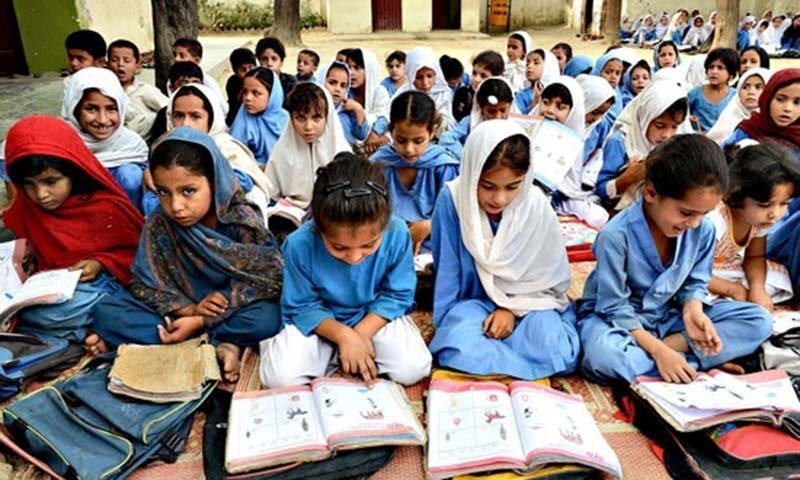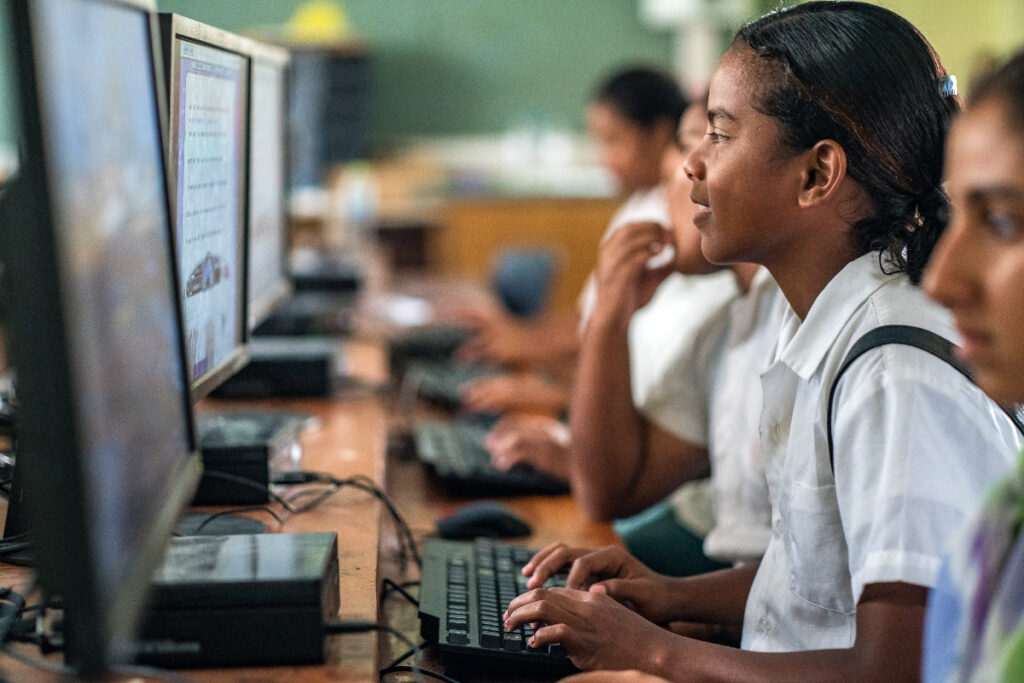In the educational landscape of Pakistan, a digital transformation is underway, promising a paradigm shift in how we learn. Beyond responding to immediate challenges like the pandemic, this shift to digital education is a strategic stride toward a more resilient and inclusive learning environment. The aim must be to construct a digital foundation that breaks down barriers of gender and age, ensuring accessible education for all in urban hubs as well as remote rural corners. This article will explore the potential, setbacks, and promising prospects defining Pakistan’s venture into the digital education era.
Challenges in the traditional Education System
The traditional education system in Pakistan grapples with inadequate infrastructure, quality disparities between urban and rural schools, teacher training concerns, and curriculum focused on rote memorization, limited access to educational resources, persistent gender disparities, and resistance to technological integration. Moreover, the reduction in the education budget, corruption issues, and the need for teacher rotation to impart quality education are significant setbacks that demand government attention. These challenges hinder effective learning, exacerbate educational inequities, and impede students’ adaptation to a technology-driven world.

Technological Progress in the Education System
Pakistan has made slow progress in adopting advanced technological standards, primarily due to significant associated costs. The country ranks low in the Inclusive Internet Index, reflecting challenges in access, affordability, and adaptability to technological advancements. The gender gap exacerbates these issues, with only 19% of females having digital internet access compared to 37% of males.
The government has taken proactive steps to tackle these challenges through the introduction of the Digital Pakistan Policy in 2017 by the Ministry of Information Technology. It is designed to boost the use of information technology in diverse sectors, with a particular focus on education. The policy emphasizes collaboration between the public and private sectors, integrating information technology extensively into educational practices. It includes provisions for accessibility software for online learning, hosting competitive exams, and offering incentives like subsidies for implementing technological infrastructure.
Similarly, the 2023 draft of the National AI Policy focuses on a comprehensive set of national objectives organized into four pillars to attain AI superiority. The primary goal of this national AI policy is to position Pakistan competitively, ensuring seamless integration with global AI trends. Notably, one of the policy’s pillars emphasizes investing in Research and Development (R&D), which is pivotal in propelling Pakistan towards advancements in digital learning.

Moreover, collaborative efforts with private entities like the Aziz Jehan Begum Trust & Institute, the Special Talent Exchange Program, and the Pakistan Association of the Deaf are focused on delivering purposeful, pertinent, and easily accessible digital education tailored for students and staff with impairments.
Future Prospects of Digital Learning in Pakistan
Despite challenges, Pakistan has substantial opportunities to revolutionize its education system. Initiatives like the Digital Education Policy 2017, the provincial government’s Vision 2025, and ongoing reforms indicate a positive trajectory. The government’s commitment to major reforms, extending education to every household, providing free education to out-of-school children, and linking national ID to education demonstrates a dedication to change. The rising momentum of the digital education revolution, coupled with policy initiatives and collaboration with the private sector, offers solutions to traditional challenges. However, addressing issues like budget constraints and corruption and ensuring inclusivity remains crucial. The commitment to digital education points toward a promising future, ensuring access to quality and inclusive learning for every child in Pakistan and contributing to the nation’s prosperity and advancement.
Disclaimer: Any opinions expressed in this blog do not necessarily reflect the opinions of CREDP. This content is meant for informational purposes only.








